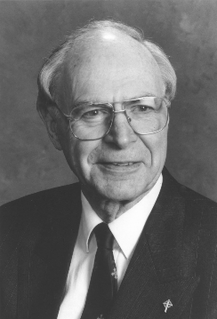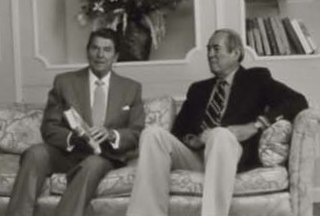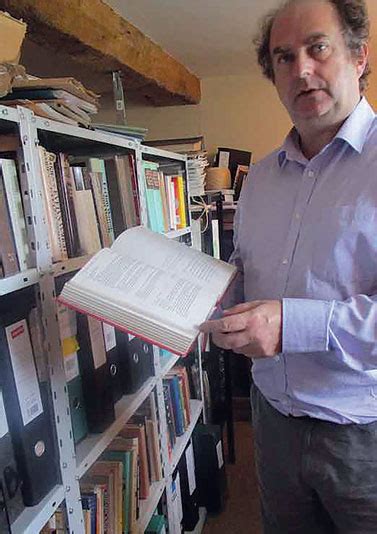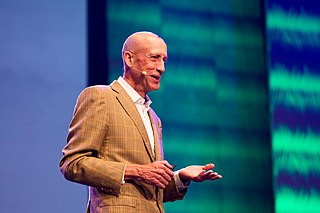A Quote by Arthur Peacocke
Humanity could only have survived and flourished if it held social and personal values that transcended the urges of the individual, embodying selfish desires - and these stem from the sense of a transcendent good.
Related Quotes
We deem valuable whatever is likely to meet our needs or wishes (individual values) and whatever is likely to help protect or attain social goals (social values). However, this is not a dichotomy, for some individual values, such as truth, are needed to secure some social values, such as mutual trust, and some social values, such as peace, are required to pursue some individual values, such as good health.
There are urges and urges; you are exploding with urges, desires. You don`t have one desire, you have many desires. Not only that you have many desires, you have contradictory desires. If one is fulfilled, the other, which is its contradiction, remains unfulfilled and you are in misery. If the other is fulfilled, then something else remains unfulfilled.
Programs of a political nature are important end products of social quality that can be effective only if the underlying structure of social values is right. The social values are right only if the individual values are right. The place to improve the world is first in one's heart and head and hands, and then work outward from there.
Every individual needs revolution, inner division, overthrow of the existing order, and renewal, but not by forcing them upon his neighbors under the hypocritical cloak of Christian love or the sense of social responsibility or any of the other beautiful euphemisms for unconscious urges to personal power.
What we often take to be family values--the work ethic, honesty, clean living, marital fidelity, and individual responsibility--are in fact social, religious, or cultural values. To be sure, these values are transmitted by parents to their children and are familial in that sense. They do not, however, originate within the family. It is the value of close relationships with other family members, and the importance of these bonds relative to other needs.
It is not our affluence, or our plumbing, or our clogged freeways that grip the imagination of others. Rather, it is the values upon which our system is built. These values imply our adherence not only to liberty and individual freedom, but also to international peace, law and order, and constructive social purpose. When we depart from these values, we do so at our peril.
In affirming God to be supreme in all things, the classical theist describes him in a number of ways. He is perfect, loving, good, infinite, omnipotent, omniscient, eternal, timeless, transcendent, personal, immutable and immanent. But how can this be? Is it really possible to be both eternal and timeless? Immutable and immanent? Personal and at the same time transcendent?
You simply cannot give to the world all that you have to give to the world if you do not remain true to your own "selfish" desires. You have a unique set of precious values that can only be fulfilled by pursuing what drives you the most: your passions and dreams. Could Thomas Edison have tended to the downtrodden as Mother Teresa did? Could Albert Einstein have preached salvation as Martin Luther King Jr. did? Could Abraham Lincoln have built cars like Henry Ford? Always, the masses benefit from the individuals who insist on marching to the beat of their own drummer.





































